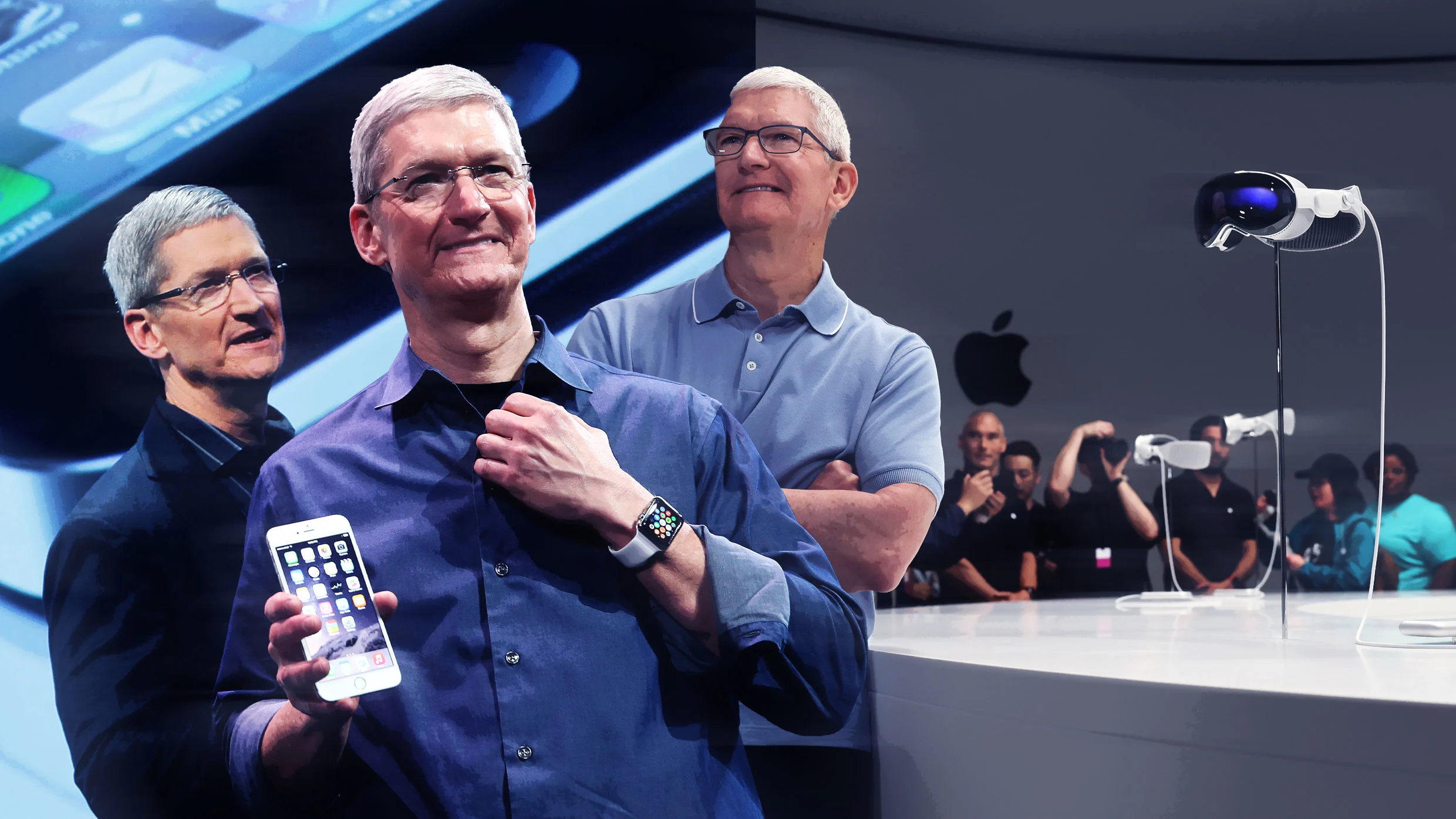By Aaron Tainter
There’s never been a better — or tougher — time to pitch investors. Venture capital funding is on the rise, with North American startups securing $184 billion last year, a 21% increase over 2023. Yet, competition has never been fiercer.
As Crunchbase News has reported, fewer seed-stage startups are reaching Series A fundraising rounds. Investors are more selective, prioritizing businesses with clear differentiation and strong scaling potential.
Unless you’re a serial entrepreneur with large exits under your belt, the days of funding a great idea alone are over.
For founders, this means one thing: Your pitch must cut through the noise and command investor attention.
Having worked on both sides of the table — as a venture investor and now leading accelerator programs — I’ve seen firsthand what separates a compelling pitch from a forgettable one. Too many founders try to check every box instead of telling a compelling, original story.
Years ago, Airbnb’s deck became the gold standard that everyone wanted to copy. Suddenly, we saw the same slide structure, the same flow, the same 10 slides in the same 10 slots.
The result was a sea of pitches that lacked authenticity or uniqueness. Instead of focusing on what makes their company distinct, founders water down their message, attempting to craft a pitch that pleases everyone but excites no one. If blending in was the goal, mission accomplished.
The best founders pitch to find believers. They don’t seek to convince skeptics who aren’t aligned with their vision. Instead, they focus on resonating with investors who already see the potential and want to be part of what comes next. It’s about creating momentum, not just explaining the numbers.
What investors look for
It’s crucial for founders to understand the perspectives of their potential investors. From reviewing thousands of pitch decks in both venture and accelerator settings, I’ve noticed that founders often misunderstand what different types of investors are actually looking for.
Venture capitalists seek early proof that a market exists. They invest in companies that have demonstrated traction, customers, revenue, or other signals of scalability. VCs want more than a concept; they’re looking for early validation that your solution addresses a real market need.
Accelerators, by contrast, are often willing to take a bet earlier in the timeline. They invest in founders who deeply understand a problem and have a strong perspective on how to solve it, even if their solution is a few iterations away from being great.
Accelerators can give more grace to companies that are still figuring out product-market fit, especially when the founder has lived the problem they’re solving. They prioritize three factors: the team’s background, the technology capabilities and customer traction.
Companies that excel in all three areas are usually past the accelerator stage.
The most successful founders recognize these differences and tailor their pitches accordingly.
The three slides that matter most
Most founders want to talk about themselves, their technology and drop buzzwords like “AI.” But investors lean in when they see the following three elements — ideally in the first three slides:
- What you do. Express this in clear, simple language without jargon. Airbnb could have described its business using complicated hospitality terminology but instead said, “We help you rent an extra room in your apartment or your house.” Simplicity wins.
- Why the future will be different. Rather than presenting generic market slides, show investors how the world changes if your vision proves correct. How does the future look 12 or 24 months from now if you’re right? The best founders aren’t playing in today’s sandbox — they’re building tomorrow’s.
- Proof of traction. This looks different across industries but is universally crucial. For therapeutics, it might be positive clinical data. For hardware, it might be technology that’s 10x better or faster. For software, it might be revenue growth rates. Whatever your sector, showing validation matters.
Remember, investors default to “no.” Your job is to get them to say, “Tell me more.” If you can’t nail these three points, the conversation rarely progresses.
The founder profile that wins
The best founders have a blind spot for risk. They only see the end game, not the obstacles in between. This selective vision allows them to push forward when others might give up. If founders knew all the hurdles they’d face, many might never start companies at all.
One of the strongest signals to investors is a contrarian perspective, a unique view of where the market is heading that differs from consensus thinking. This is particularly powerful when combined with solving problems others don’t want to tackle — the unsexy operational challenges in industries that don’t get featured in tech publications.
The most successful pitches aren’t just about companies or products. They’re about founders who embody their vision so completely that investors can’t help but see the future through their eyes. While others follow templates, the rare founder who combines genuine market insight with deep conviction gets more than just capital — they create believers.
Aaron Tainter brings 20 years of experience in venture capital, accelerator leadership and strategic operations to his role as director of accelerator programs at Innovation Works in Pittsburgh. He oversees AlphaLab, AlphaLab Gear, AlphaLab Health and Robotics Factory Accelerate, programs that support early-stage startups with mentorship, resources and capital. His leadership has helped create a connected AlphaLab ecosystem that empowers founders across industries and stages of growth. Earlier in his career, Tainter held roles at Bristol-Myers Squibb and Meakem Becker Venture Capital, where he led cross-functional initiatives and evaluated early-stage investments. He also teaches at Carnegie Mellon University’s Tepper School of Business, where his work focuses on funding entrepreneurial ventures.
Illustration: Dom Guzman

Stay up to date with recent funding rounds, acquisitions, and more with the
Crunchbase Daily.









